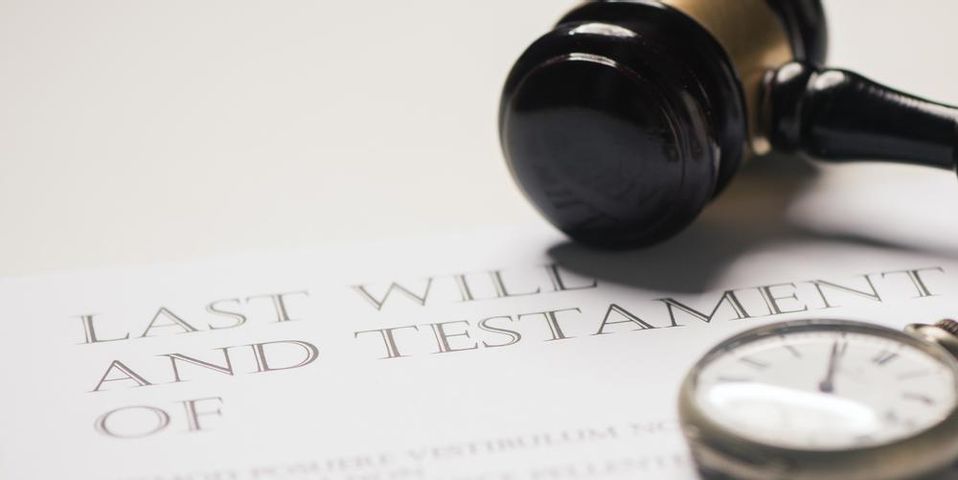
If you've ever researched estate planning, then you've probably come across the term "probate." While it's not the most beloved legal process, it's often misunderstood by the general public who anxiously equate it with disputes and a detached court and state involvement in sensitive affairs. To offer a better sense of what it is, below is a more in-depth discussion of its complexities and how it helps.
What Is Probate?
Probate refers to the process of proving an individual's will is accurate in the eyes of the court. It also covers settling an estate, which includes paying any bills and taxes owed by the deceased before transferring the possession of assets to the chosen family members listed in the final document. If no will was left by the decedent, the government determines if there are any rightful heirs, and if there are none, the state takes control of the assets.
 Many individuals try to avoid this process during their estate planning because they worry about their property being confiscated instead of going to the people they've chosen. While the court does temporarily hold the assets, they want to ensure those items are distributed to the right beneficiaries and not seize them for monetary gain.
Many individuals try to avoid this process during their estate planning because they worry about their property being confiscated instead of going to the people they've chosen. While the court does temporarily hold the assets, they want to ensure those items are distributed to the right beneficiaries and not seize them for monetary gain.
What Are the Advantages & Disadvantages?
The greatest benefit of probate is that heirs can obtain their assets even if their loved one didn't leave behind an up-to-date will. However, such a situation is also tricky if the family arrangement is complex or there are multiple individuals involved. Such circumstances occasionally result in an intense legal battle to divide up property.
Another advantage of the process is that the beneficiaries avoid the weight of paying the decedent's debts. One of the main purposes of probate is to ensure that all creditors are paid before the assets are distributed. However, some families take issue with the fact that information regarding the estate becomes public — including lists of assets and heirs, as well as the will.
If you're facing probate after the death of a loved one, turn to Lance S. Cox, Attorney at Law. Boasting over 30 years of experience, the estate lawyer is renown throughout the Greater Cincinnati, OH, area for his dedication and honesty. From planning to filing the will, he's committed to protecting his clients’ best interests. Schedule an appointment today by calling (513) 528-6000, and learn more about his services online.
About the Business
Have a question? Ask the experts!
Send your question

